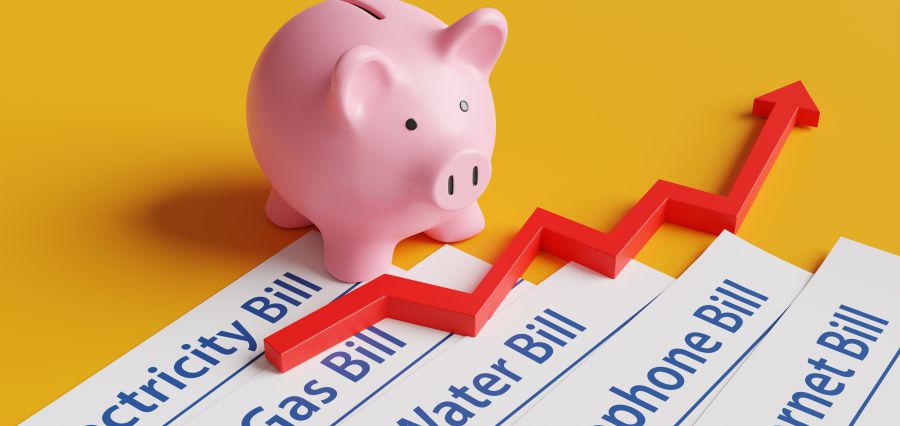Introduction
The continuously rising cost of living, which includes the required amount of money to cover basic life expenses, such as shelter, food, health, and supplies, has created a critical need to manage these expenses. Adopting effective strategies related to reducing household costs and wisely spending money are discussed in this article. (1,2,3)
Essential Tips for Saving on Household Expenses
1. Create a Budget and Stick to It
The first step in tracking expenses, preventing overspending, and helping save money is by planning and adhering to a structured budget list, as follows:
- Write down all your income sources.
- Categorize your expenses into essentials, such as rent, groceries, car fuel, and bills, as well as, non-essential expenses, including entertainment, travel, and eating out.
- Set a budget limit for each category
- Track your spending accordingly and determine where the money goes.
- Adjust your budget regularly based on necessary changes.
2. Cut Down on Energy Costs
Household energy consumes a significant amount of household expenses. Therefore, it is essential to plan your energy usage wisely:
- Replace your light bulb with energy-saving LED bulbs.
- Switch off lights and unplug electric machinery when not in use.
- When using an air conditioner, choose an inverter type of AC to save energy and significantly reduce your bill.
- Insulate the roof to maintain heat and temperature to reduce the need to use air heating or cooling systems.
- Use solar-powered systems to save a lot of energy.
3. Plan Your Meals and Shop Smart
Food and groceries form a major part of household expenses; however, with smart and appropriate shopping planning, costs can be easily reduced. For example:
- Regularly check what you already have at home and write down a list of needed items.
- Plan for the week’s meals in advance.
- When you grocery shop, stick to the plan you created and avoid unnecessary shopping.
- Take advantage of sales and discounts, and shop at reasonable places.
- Dining at home can save a lot of money compared to dining out or using food delivery services.
4. Reduce Unnecessary Subscriptions
With modern technology, many services require paid subscriptions, such as streaming platforms, online games, gym memberships, and online shopping services. These expenses can accumulate over time, creating a financial burden on individuals. By reducing unnecessary subscriptions, you can reduce your costs, For example:
- Assess the actual benefits and usage of each subscription and decide whichever you can live without.
- Cancel any unnecessary or unused subscriptions.
- You can share and split the costs of the needed subscriptions with other family members or friends.
5. DIY Whenever Possible
Avoid hiring someone who can charge extra money for house maintenance, cleaning, or redesigning. Instead, if applicable, you can simply do it yourself! There are many available resources to help you learn basic home maintenance techniques, including online learning tutorials that help you learn new skills and make you more dependable on yourself.

